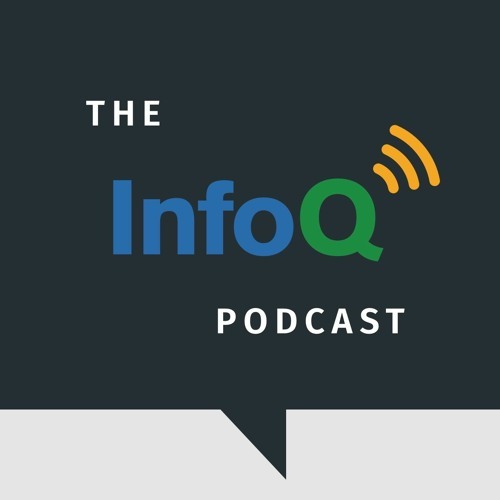Codetown
Codetown ::: a software developer's community
Tags:
Replies to This Discussion
-
Permalink Reply by jeffpotts01 on January 31, 2012 at 6:52pm
-
It's a good book, especially for community leaders. In fact, if you like the book you might want to join Jono and about 200 other community leaders for the Community Leadership Summit. This free un-conference runs every year the weekend prior to OSCON. I attended for the first time last year and really enjoyed myself.
Jeff
-
-
Permalink Reply by Michael Levin on January 31, 2012 at 7:27pm
-
Thanks, Jeff - between the Community Leadership Summit, OSCON and Open Source Bridge, I may as well move to Portland. Oh well, there's always Portlandia. Yes, the Community Leaders Summit looks like a good conference. Thanks.
And, thanks for inspiring me to take a second look at this book. I just picked it up again and read "The Building Blocks of Building Buzz", which I find to be the greatest reward of being part of an online community. People love to contribute when they feel comfortable enough to actually engage. Do you find yourself agreeing with Jono's approaches in this book and sometimes saying "Hey, I do that when I build communities"? -
Notes
Welcome to Codetown!
 Codetown is a social network. It's got blogs, forums, groups, personal pages and more! You might think of Codetown as a funky camper van with lots of compartments for your stuff and a great multimedia system, too! Best of all, Codetown has room for all of your friends.
Codetown is a social network. It's got blogs, forums, groups, personal pages and more! You might think of Codetown as a funky camper van with lots of compartments for your stuff and a great multimedia system, too! Best of all, Codetown has room for all of your friends.
Created by Michael Levin Dec 18, 2008 at 6:56pm. Last updated by Michael Levin May 4, 2018.
Looking for Jobs or Staff?
Check out the Codetown Jobs group.
InfoQ Reading List
Cloudflare Debuts Markdown for Agents and Content Signals to Guide AI Crawlers

Cloudflare has introduced “Markdown for Agents,” a feature that lets AI crawlers request Markdown versions of web pages. The company pairs the feature with a proposed “Content Signals” mechanism that lets publishers declare whether their content may be used for AI training, search indexing or inference.
By Matt FosterPresentation: What I Wish I Knew When I Started with Green IT

Ludi Akue discusses how the tech sector’s rising emissions impact our global climate goals. Drawing from her experience as a CTO, she explains seven key lessons for implementing Green IT. She shares insights on LCA assessments, the paradox of microservices, and why FinOps doesn’t always equal green.
By Ludi AkueVue Router 5: File-Based Routing Into Core with No Breaking Changes

Vue Router 5.0 has integrated unplugin-vue-router into its core, enhancing file-based routing and TypeScript support. This transition release boasts no breaking changes, simplifies dependencies, and introduces experimental features like data loaders and improved editor tooling. Ideal for Vue.js developers, it positions itself as a bridge to the upcoming ESM-only version 6.
By Daniel CurtisPodcast: [Video Podcast] AI Autonomy Is Redefining Architecture: Boundaries Now Matter Most

This conversation explores why generative AI is not just another automation layer but a shift into autonomy. The key idea is that we cannot retrofit AI into old procedural workflows and expect it to behave. Once autonomy is introduced, systems will drift, show emergent behaviour, and act in ways we did not explicitly script.
By Jesper LowgrenGoogle Launches Automated Review Feature in Gemini CLI Conductor

Google has enhanced its Gemini CLI extension, Conductor, by adding support for automated reviews. The company says this update allows Conductor "to go beyond just planning and execution into validation", enabling it to check AI-generated code for quality and adherence to guidelines, strengthening confidence, safety, and control in AI-assisted development workflows.
By Sergio De Simone
© 2026 Created by Michael Levin.
Powered by
![]()